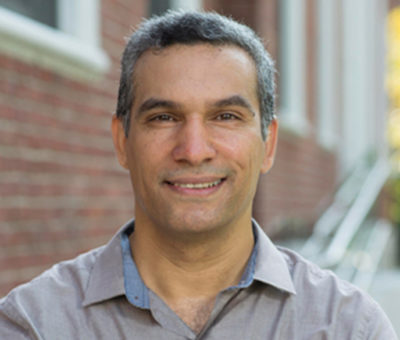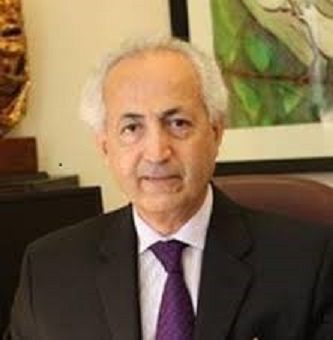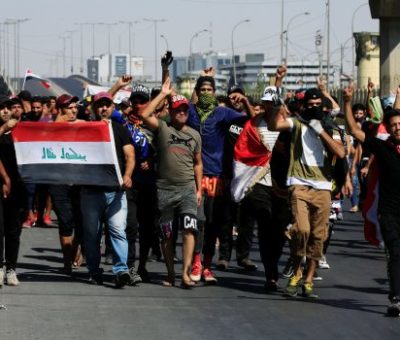The news on November 29 that Iraqi Prime Minister Adil Abdul-Mahdi will resign is unprecedented in post-2003 Iraq. Many questions must be answered before his successor is appointed, and in the meantime, we can expect unrest to continue. The immediate concern will be constitutional. The Iraqi constitution addresses the replacement of a prime minister following his removal from
Read MoreIn the wake of large-scale popular demonstrations in Iraq, demands for the resignation of its prime minister, Adel Abdul Mahdi, have increased. Among the most vocal voices demanding his resignation has been the unpredictable cleric Muqtada al Sadr. Sadr, who has tried to model himself as the defender of Iraqi nationalism and the champion of a clean government, even claimed that
Read MoreThe recent wave of protests in Iraq has been geographically concentrated in Shia regions, not yet spreading in any substantial way to Sunni or Kurdish provinces. But this is not a Shia revolt, and any attempt to impose a sectarian framing on it fails to understand the underlying drivers. Shia symbols have not occupied a central place in the demonstrators’ slogans, and Shia c
Read MoreIn Washington, some believe that despite the protests in Iraq that began in early October and continue apace, the current Iraqi government should be supported and given help as it responds to the just demands of the protesters. The reasons given range from: “What is the alternative? The devil you know is better than the devil you don’t” to “This is the constitutionally elected
Read MoreThe defining feature of the protests in Baghdad which started on October 1 and spread to other cities in southern Iraq is that they were neither led nor called for by a religious authority (also known as the marja’iya) or another leader. When the first wave of protests began in multiple cities, the protesters’ message was clear: they did not accept any religious or political le
Read More





